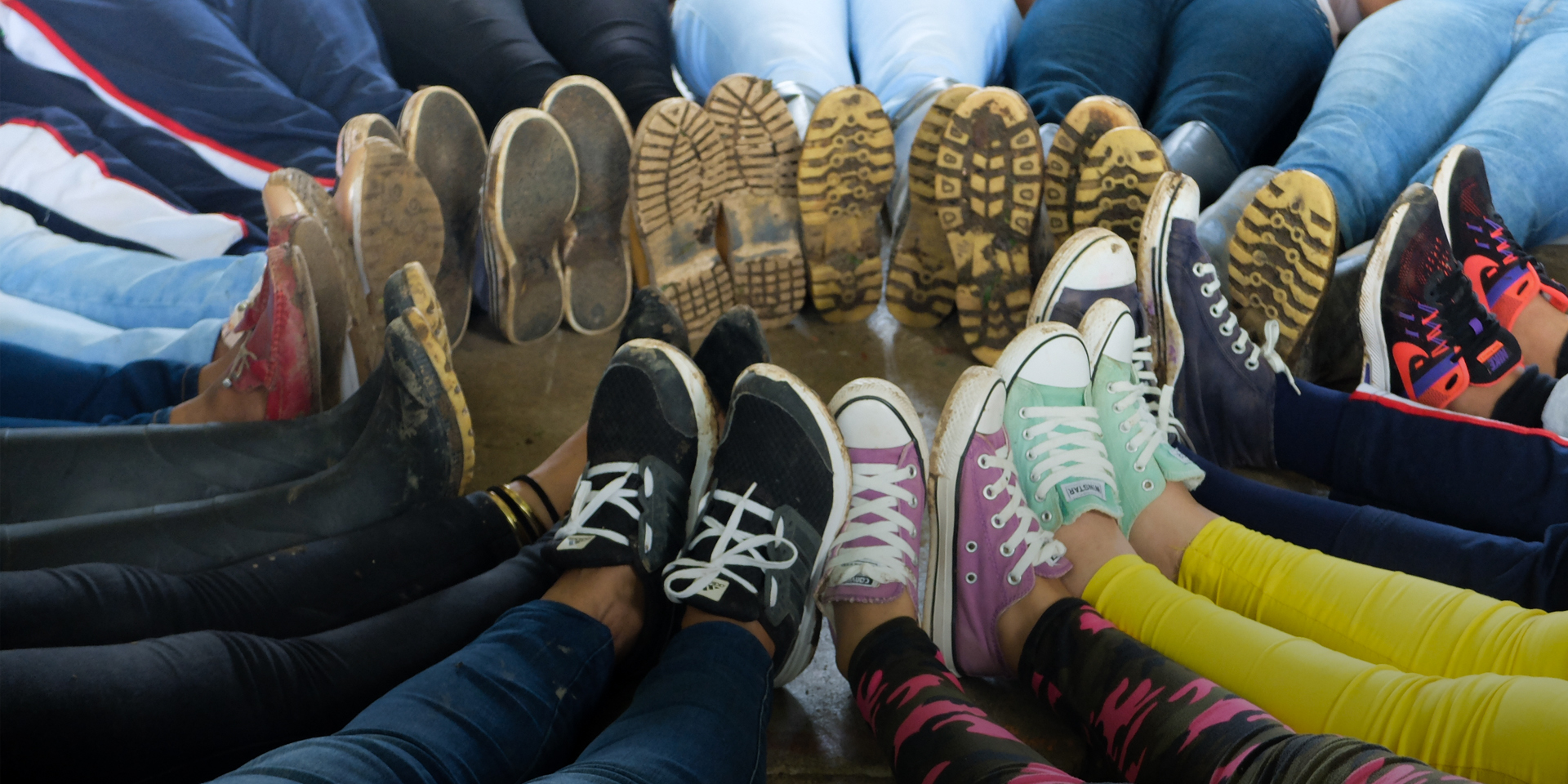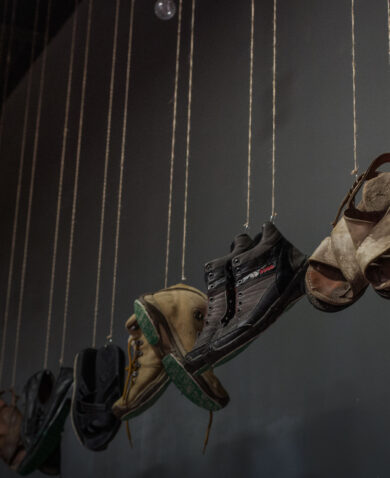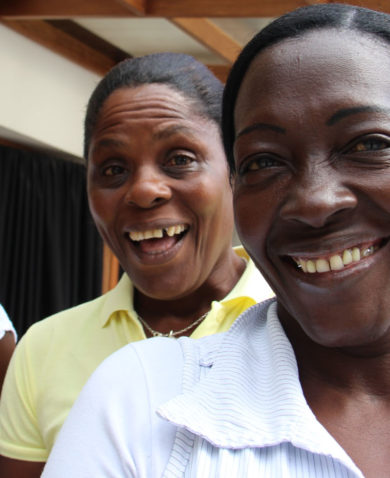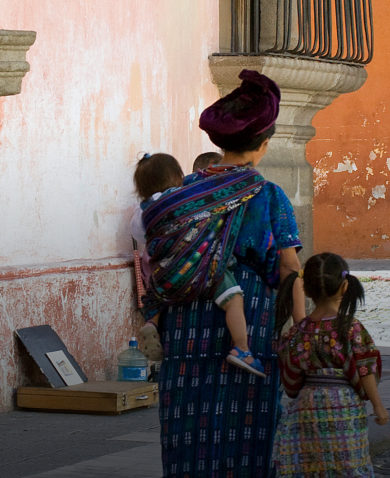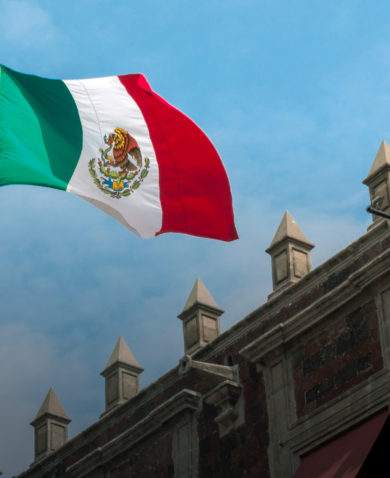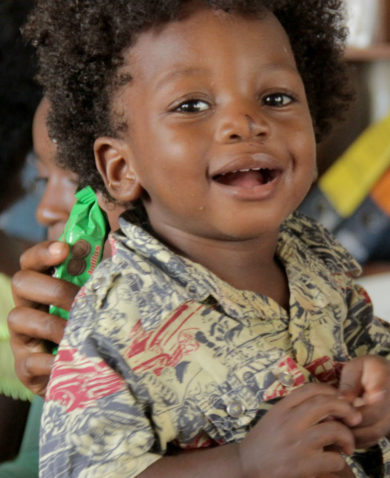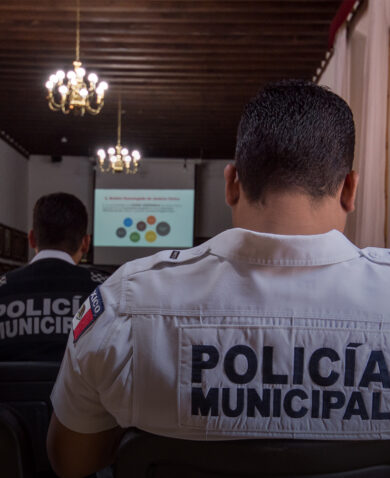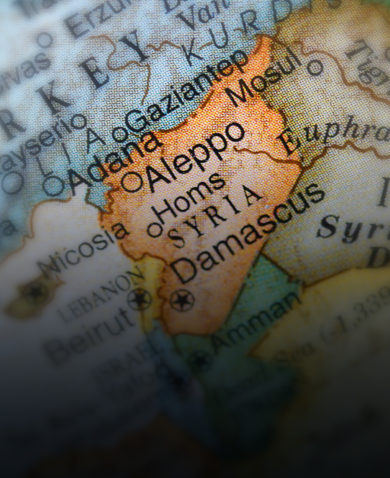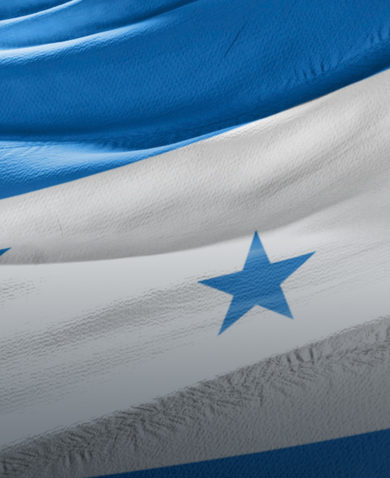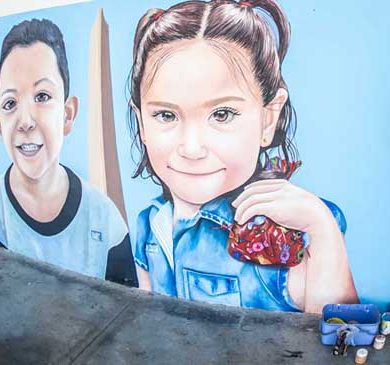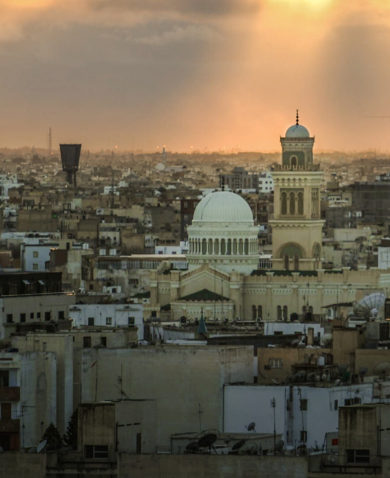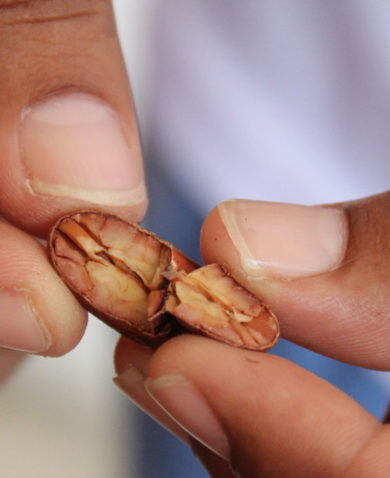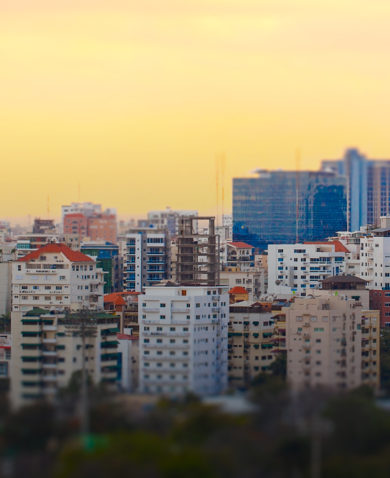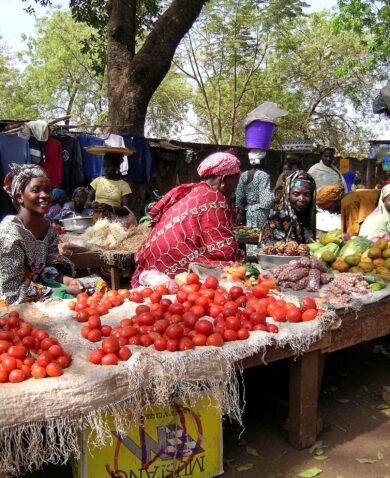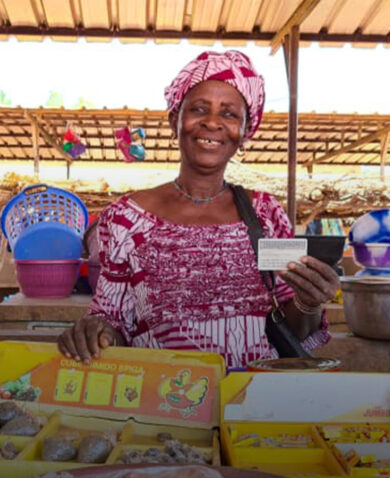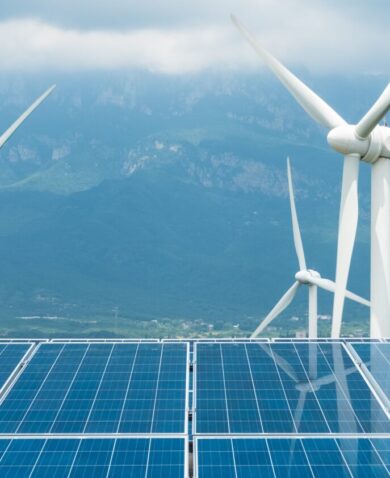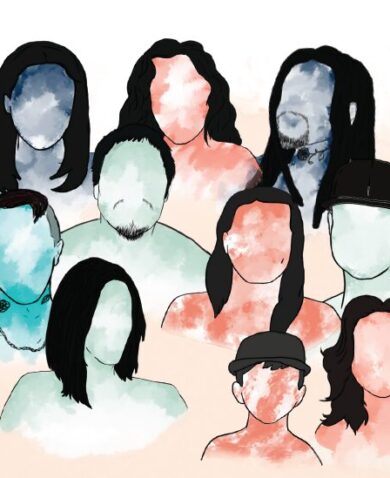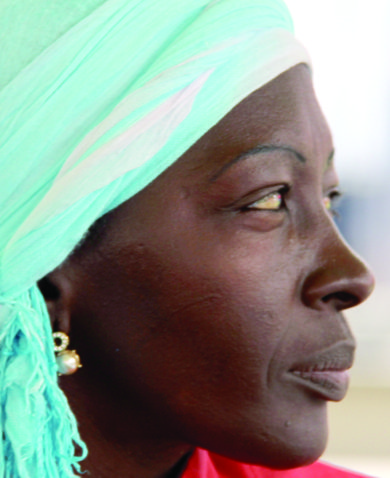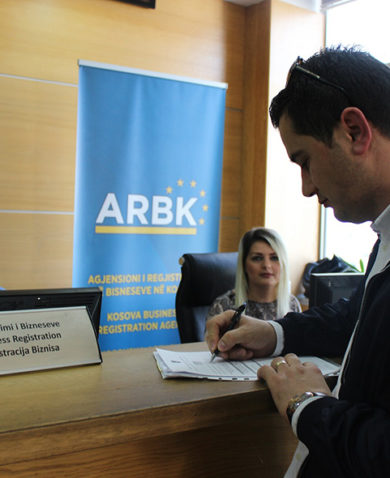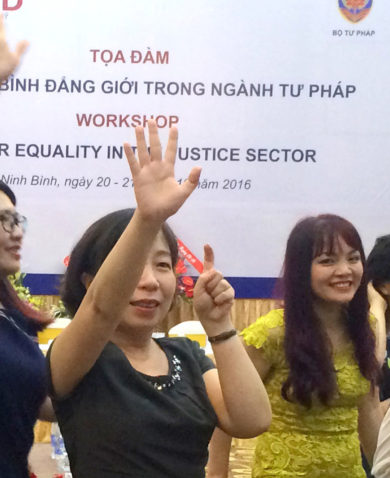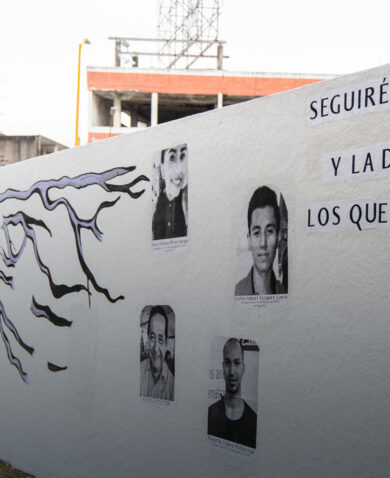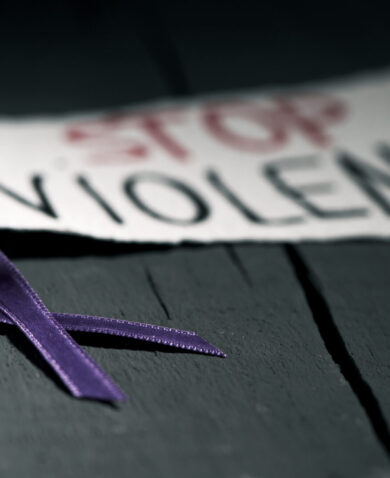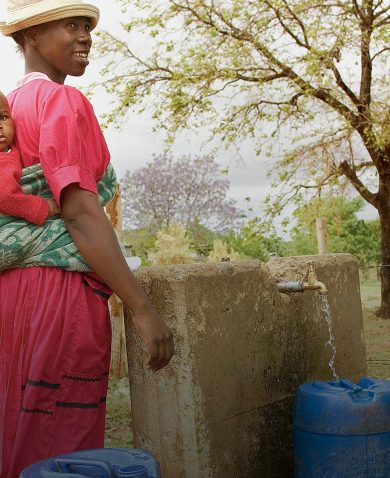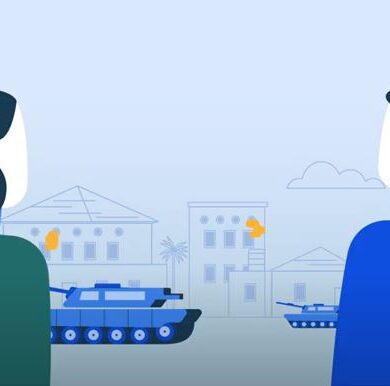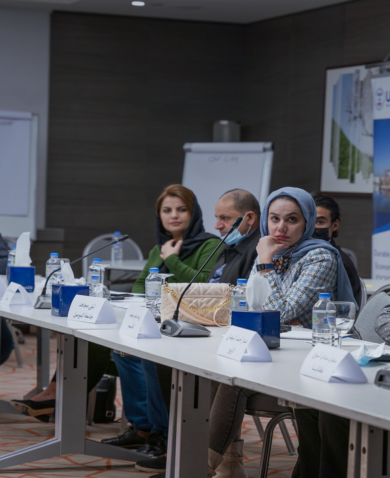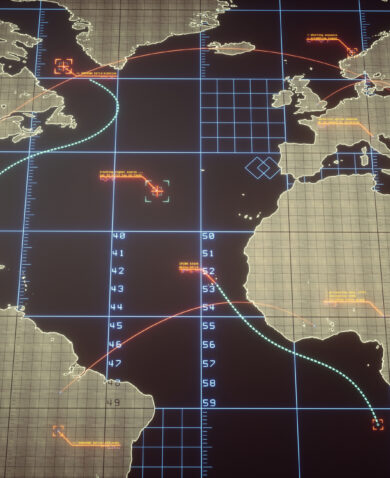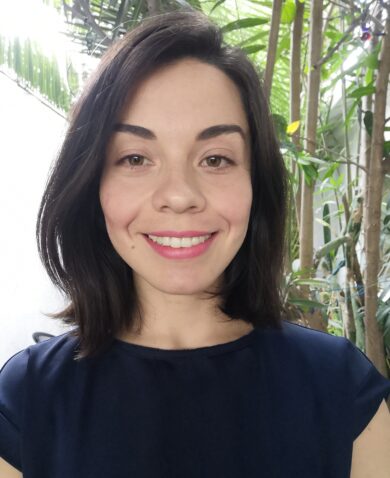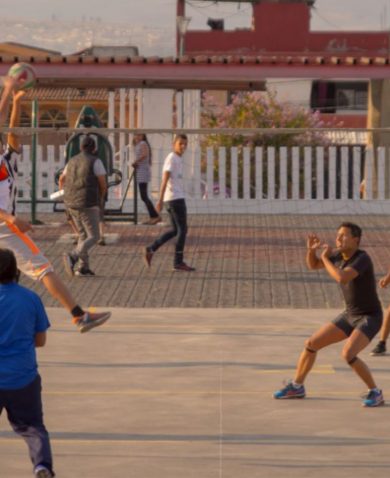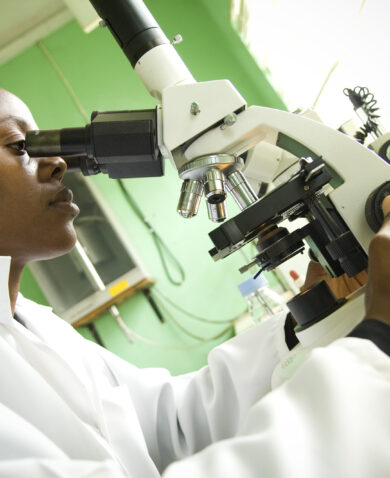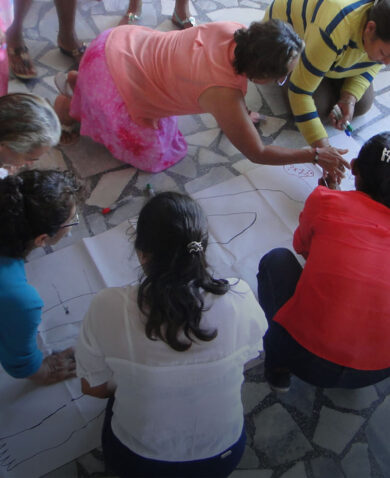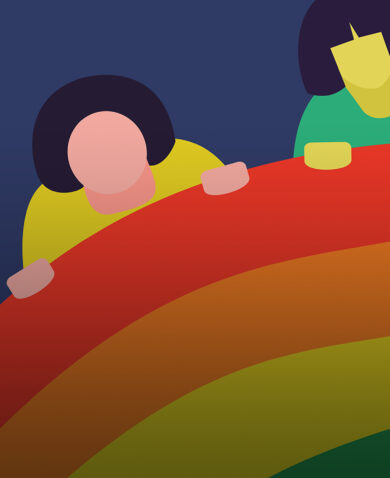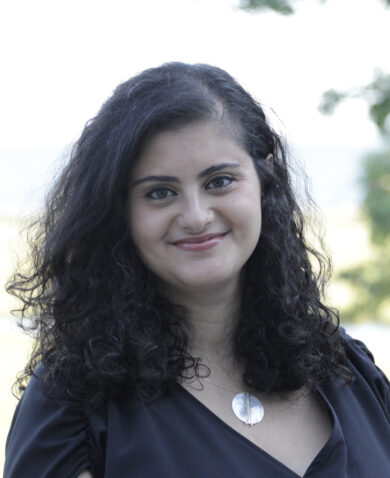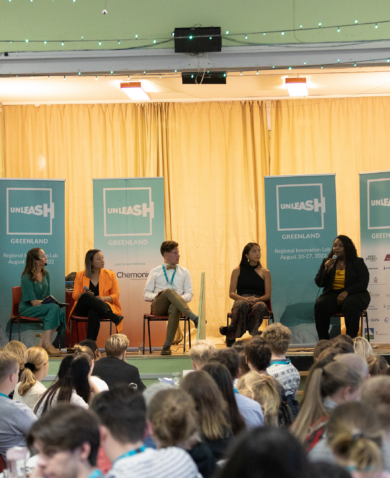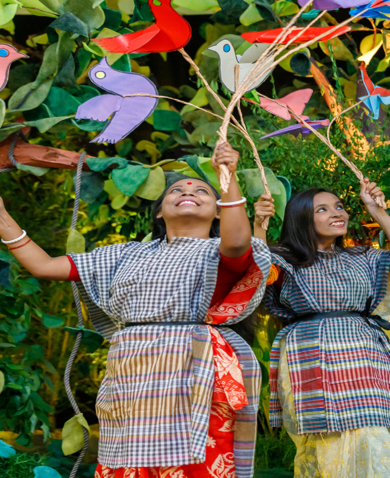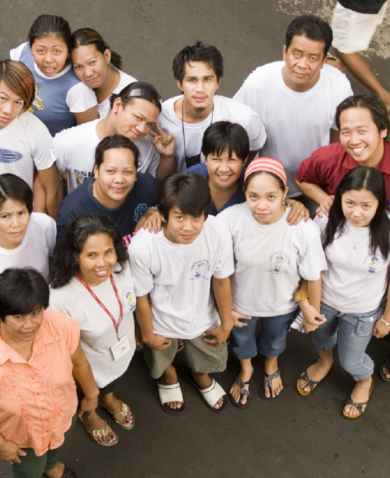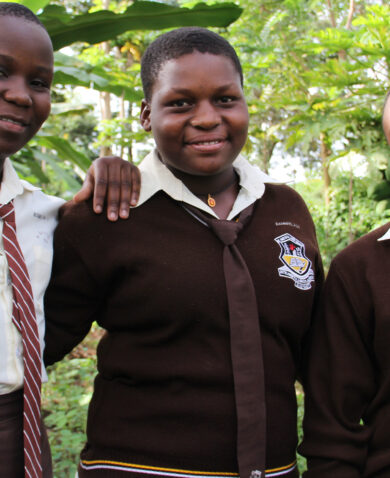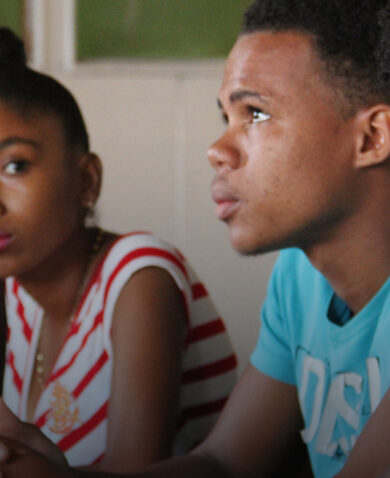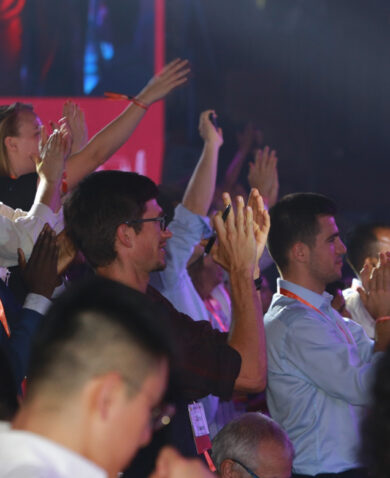“Peace always has to start from within,” Marco said, when reflecting on how his region’s experience with conflict had motivated him to participate in HRA. “If you start to argue with your neighbor, right there you are starting a war. That’s a conflict. So regardless of how many ‘peace processes’ there may be, there won’t be peace if it doesn’t start from our homes and from our towns.”
HRA provides technical assistance and grants to civil society organizations focused on youth empowerment to promote a culture of human rights from within. These grantees provide spaces for Colombian youth to participate in music, dance, and other visual arts, inspiring them to accept diversity and fostering an understanding of human rights in their communities.
“This generation of Colombian youth hold in their hands the potential to be the first generation of Colombians who choose not to repeat the violence that they grew up in. HRA empowers them to create a future vision of peace, and it gives them the tools to implement that vision,” explained HRA Chief of Party Fernando Calado.
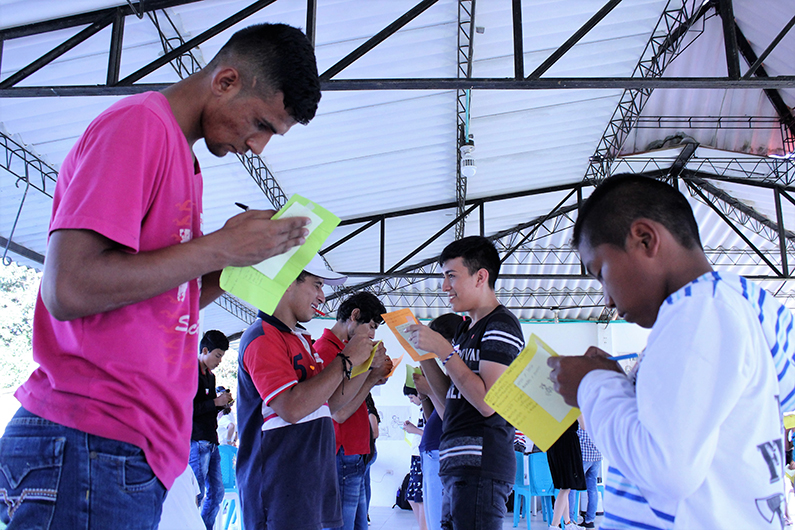
These activity participants — ranging from age 14 to 26 — become youth human rights promoters. They receive training on historical memory, leadership, advocacy, and human rights and then replicate these trainings among their peers and the larger community.
Last year, the first organized youth human rights promoter networks formed in the departments of Caquetá, Meta, and Antioquia. These networks, which consist of about 20 youths from priority municipalities in each district, rose from the work of HRA grantees Red Caquetá Paz and Fundación Escuelas de Paz (Meta) and private sector partners, such as Fundación Oleoductos de Colombia (Antioquia). In Caquetá alone, 186 youths have completed a comprehensive human rights and peace training.
Clara*, a 16-year-old girl from Valparaíso in Caquetá, said she joined the HRA trainings because she had always felt restless and wanted to learn more. “I really didn’t know a lot about it,” she said. “I knew human rights was something related to education rights [or] health rights, but I didn’t have any knowledge of what I came to learn as human rights.”
The networks promote awareness-raising strategies, which they present at local schools and other community venues to engage young people (from ages six and up) and their parents. These unprecedented youth promoter networks have already launched a weekly human rights radio program in San Vicente del Caguán (Caquetá); led community-wide awareness events with music, sports, and the arts; and provided trainings to other youths on human rights and peacebuilding in schools.
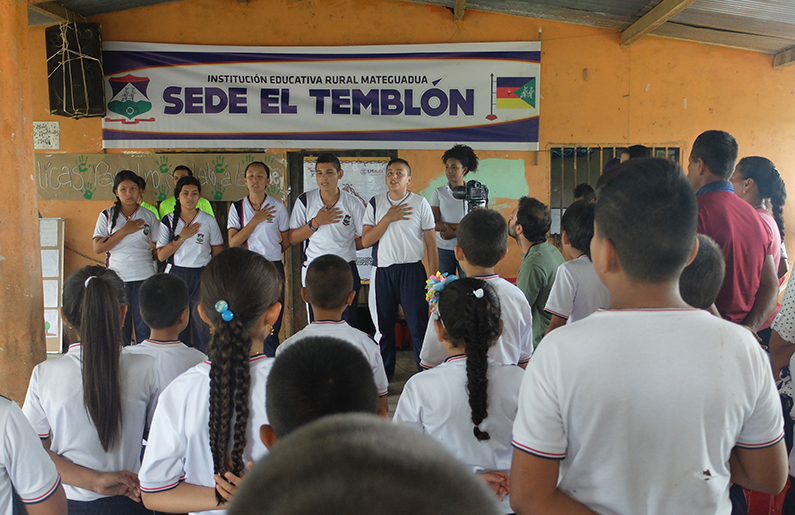
Besides educating classmates and neighbors, the promoters engage key stakeholders, such as community leaders, mayors, and other public officials. For instance, youth in Caquetá have advocated for and maintained momentum to advance what will be the first youth public policy in the region. Once enacted, this policy will preserve the departmental government’s fiscal and political responsibility to reinforce youth initiatives and rights, including the establishment and strengthening of municipal youth boards in each of the department’s 16 municipalities.
“I feel like we’re young, and we should be doing things to improve our lives,” explained 17-year-old youth promoter Rodrigo* from Caquetá.
Although he hasn’t experienced a direct violation of human rights, Rodrigo said he has family members who had experienced extortion and forced displacement. After his training through HRA, he got involved in a youth platform — a municipal mechanism used to advance youth-related issues to local authorities.
The impact of these youth promoters has extended beyond their municipalities. In 2018, the Universidad de Los Andes sponsored an international youth debate, which focused on youth-related issues affecting various regions. HRA sponsored six youths to participate, including Clara and Rodrigo. Youths from other countries in South America, including Chile and Ecuador, joined them to share experiences and further develop their conflict resolution, public speaking, debate, and critical thinking skills.
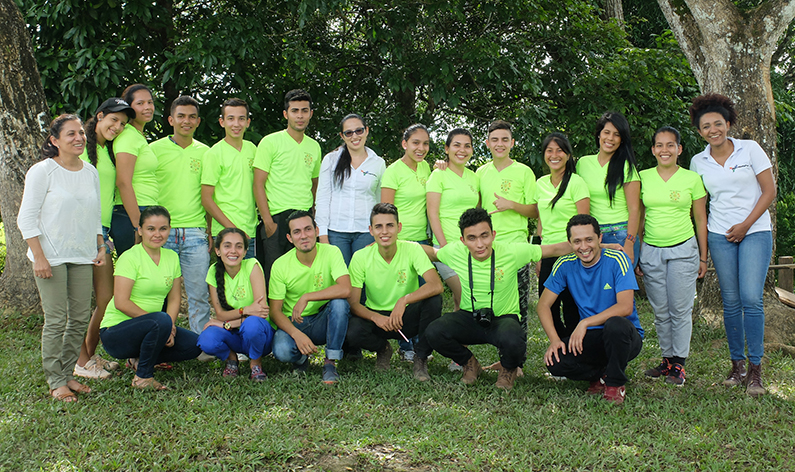
Marco, the youth from Meta with disappeared family members is now a promoter of human rights and conveyed a solidarity in promoting peace. “At first, I was rather shy, but this process has helped me feel comfortable [training others] … and I do feel like I’m a youth leader.”
During the past two and a half years, HRA has yielded positive results. Throughout 2019, the program will continue training youths and empowering them to become change agents who promote human rights in their communities. In addition, HRA will continue to fulfill its larger strategy, including preventing human rights violations and responding effectively to human rights violations when they occur. This will entail collaborating with civil society advocates, law enforcement, the Office of the Attorney General, and other government agencies to better support a culture of human rights in Colombia.
*Name changed

